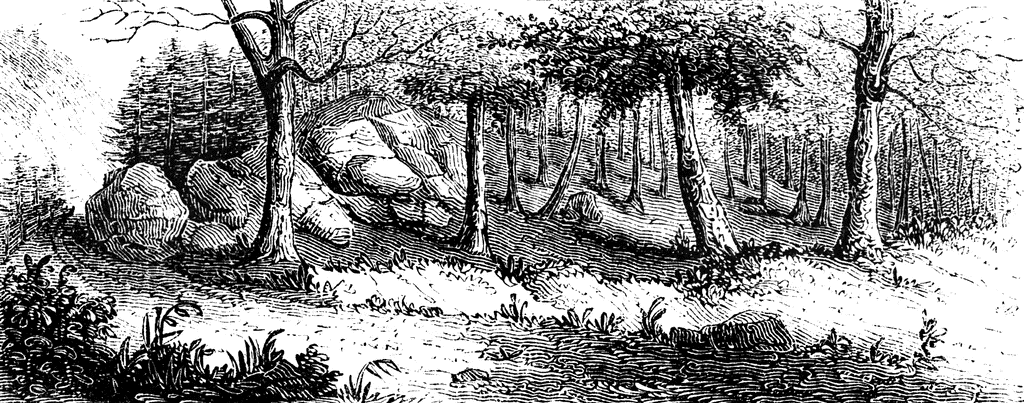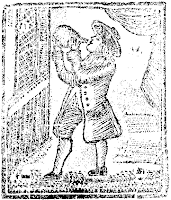Meet the Washingtons in Cambridge, 1 July
Back in 1775, Gen. Washington arrived in Cambridge on 2 July, taking command from Gen. Artemas Ward.
The new commander moved into the John Vassall mansion on what is now Brattle Street a couple of weeks later, around 15 July. (The best indicator of the move is a payment in the headquarters account book for cleaning the house after troops had been living inside.)
At that time Gen. Washington expected that his wife wouldn’t join him, not because he didn’t want to see Martha but because he hoped the crisis would be over by winter.
When George first wrote home about his decision to become commander-in-chief, he said: “I shall rely therefore, confidently, on that Providence which has heretofore preservd, & been bountiful to me, not doubting but that I shall return safe to you in the fall.”
George imagined that Martha would want to live somewhere besides Mount Vernon when he was away:
If it should be your desire to remove into Alexandria (as you once mentioned upon an occasion of this sort) I am quite pleased that you should put it in practice, & Lund Washington may be directed, by you, to build a Kitchen and other Houses there proper for your reception—if on the other hand you should rather Incline to spend good part of your time among your Friends below, I wish you to do so—In short, my earnest, & ardent desire is, that you would pursue any Plan that is most likely to produce content, and a tolerable degree of Tranquility as it must add greatly to my uneasy feelings to hear that you are dissatisfied, and complaining at what I really could not avoid.As you can see, he left the decision of where to live in Virginia up to her.
Five days later, George wrote another short note, still projecting a short stay: “in full confidence of a happy meeting with you sometime in the Fall.”
By October, the general had realized that the siege of Boston was going to extend into the next year, and he couldn’t leave. George therefore wrote to Martha about joining him in Cambridge. Since almost all of their correspondence was destroyed, we don’t know what they told each other directly and how they made decisions—whether, for example, Martha asked for an invitation to join George before George asked her to join him. But she made that journey in the fall, arriving on 11 December and setting a pattern for every winter of the war.
The reenacted Washingtons’ event at Washington’s Headquarters in Cambridge will take place from noon to 4:00 P.M. on Saturday. It also includes special tours and family activities. And it’s free to all.



